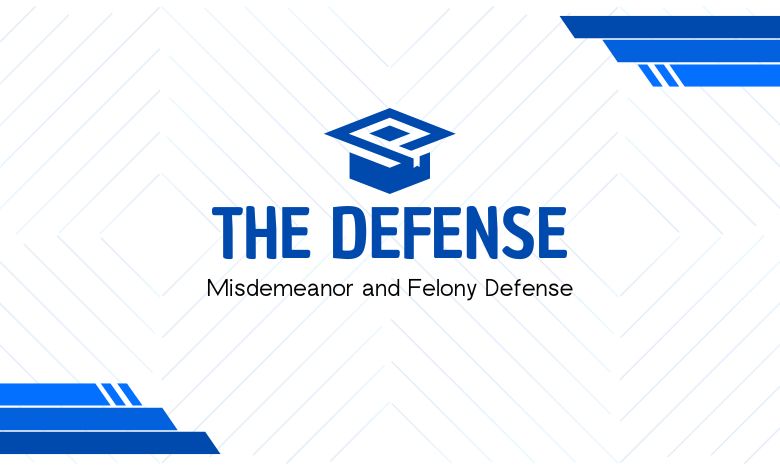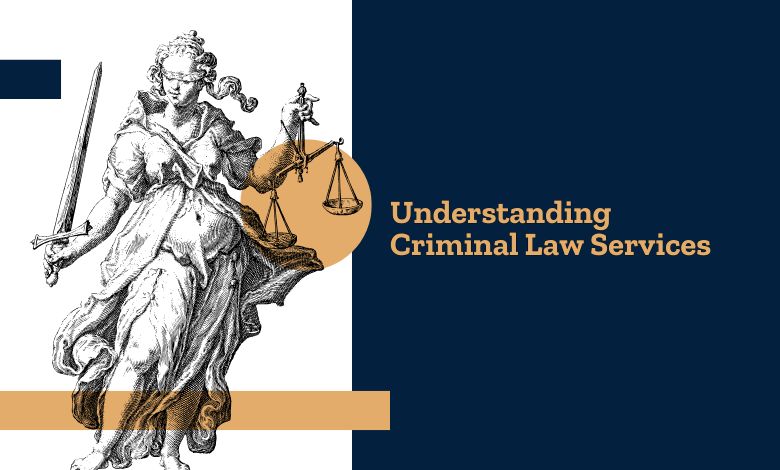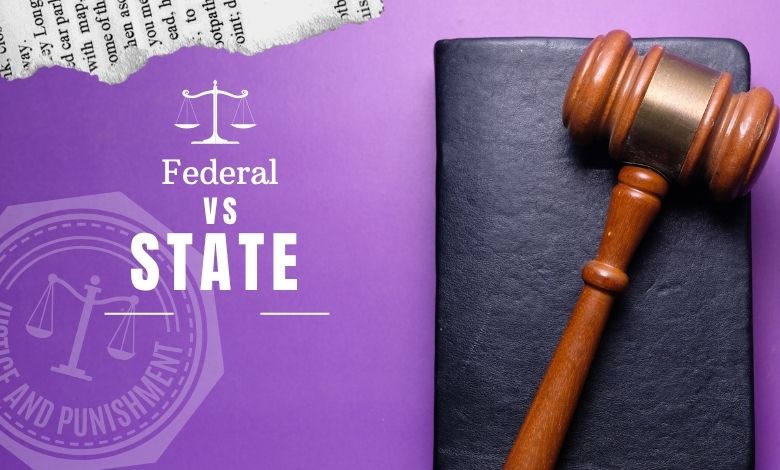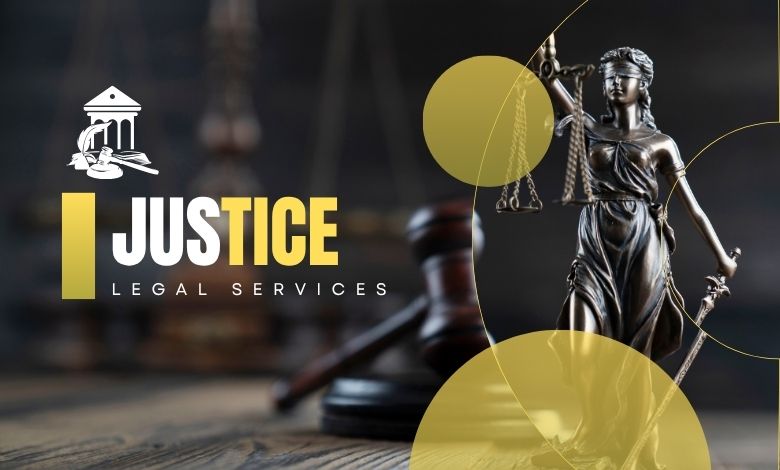What to Expect from a Criminal Defense Attorney

If you’re facing criminal charges, the stakes are high. Your freedom, reputation, and future may be on the line. One of the most important steps you can take is to hire a competent criminal defense attorney. But what exactly does a criminal defense attorney do, and what should you expect from one?
Understanding the role of a criminal defense attorney can ease some of the stress and uncertainty that comes with being involved in the criminal justice system. Below is a breakdown of what to expect throughout the process.
1. Initial Consultation and Case Evaluation
The first step in working with a criminal defense attorney is the initial consultation. This is often a free or low-cost meeting where the attorney learns the basic facts of your case, and you assess whether they’re the right fit for you.
During this meeting, you can expect the attorney to:
- Ask detailed questions about your arrest, the charges, and any evidence involved.
- Explain your rights and potential legal strategies.
- Discuss possible outcomes based on the information you provide.
This is also your opportunity to ask questions—about the attorney’s experience, fees, communication style, and what the process will look like moving forward.
2. Legal Advice and Strategy Development
After taking your case, your attorney will begin crafting a defense strategy. Every case is different, and an experienced criminal defense lawyer will take the time to understand the nuances of your situation.
Expect your attorney to:
- Analyze police reports, witness statements, and forensic evidence.
- Identify weaknesses in the prosecution’s case.
- Determine if your rights were violated during arrest or investigation (e.g., unlawful search or lack of Miranda warning).
- Evaluate whether a plea deal or trial is the best course of action.
A strong defense strategy isn’t just about arguing in court; it’s about preparation, research, and knowing how to use the law to your advantage.
3. Representation in Court
One of the primary roles of a criminal defense attorney is to represent you in court. This includes a wide range of proceedings such as arraignments, bail hearings, pre-trial motions, and trials.
In court, your attorney will:
- Advocate on your behalf.
- Challenge the prosecution’s evidence.
- Cross-examine witnesses.
- Present witnesses and evidence in your defense.
- Argue legal motions to suppress or dismiss evidence when appropriate.
Whether the goal is dismissal, acquittal, or a reduced sentence, your attorney’s role is to provide skilled legal advocacy at every stage of the process.
4. Plea Bargaining and Negotiation
Not all criminal cases go to trial. In fact, the majority are resolved through plea bargaining—a negotiated agreement where the defendant pleads guilty to a lesser charge in exchange for a lighter sentence or the dismissal of other charges.
Your attorney will:
- Assess the strength of the prosecution’s case.
- Negotiate with the prosecutor to reach a favorable agreement.
- Ensure that you fully understand the terms and consequences of any plea deal.
Plea bargaining is a delicate process that requires both legal skill and strategic judgment. A good defense attorney will never push you into a plea deal but will make sure you understand your options.
5. Ongoing Communication and Support
Criminal cases can be lengthy and emotionally taxing. A good defense attorney will keep you informed, involved, and reassured throughout the process.
You should expect:
- Regular updates about your case and court dates.
- Honest assessments of your situation and possible outcomes.
- Guidance on how to behave in court and during investigations.
- Prompt responses to your questions and concerns.
Open communication builds trust and helps ensure you feel confident in your defense.
6. Post-Conviction Support (If Needed)
If your case results in a conviction, your attorney can continue to assist with post-conviction matters such as:
- Filing an appeal.
- Seeking sentence reduction.
- Applying for probation or parole.
- Exploring expungement options to clear your record in the future.
Even after the trial, a good defense attorney remains an advocate for your rights.
Final Thoughts
A criminal defense attorney is more than just a legal representative—they are your guide and advocate through one of the most challenging experiences you may face. From investigation to courtroom representation to negotiating outcomes, their job is to ensure your rights are protected and to work toward the best possible result.
Choosing the right attorney and understanding what to expect from them can give you peace of mind and significantly influence the outcome of your case. Always seek someone with experience, transparency, and a clear commitment to your defense.



